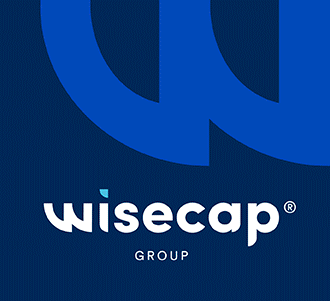The German manufacturers of plastic packaging generally welcome the support of the Ellen MacArthur initiative by 40 well-known companies, including the consumer goods and plastics industry, at the World Economic Forum in Davos. The initiative is campaigning for a global circular economy for plastics to significantly reduce waste on land and in the sea. Among other goals, the initiative aims to reach a global recycling rate of 50 percent of plastic packaging.
This goal of the Ellen MacArthur initiative has already been achieved in Germany thanks to a nationwide collection and recycling system. Every citizen can dispose of his used plastic packaging properly using the Yellow Bag system. There has also been an independent return system for PET bottles in the retail industry running now for years which also guarantees very high recycling quality due to the sorting accuracy.
“The fact that some people in Germany still talk about “plastic waste” in this connection is rather a consumer fraud,” remarks IK General manager Ulf Kelterborn, “the recycled plastic packaging is actually channelled back into the product cycle which saves resources.”
In contrast, the association sees a great need for action in other parts of the world in the development of effective waste management and recycling systems. The emerging economies in Asia in particular are currently the main sources of global marine litter. Support from the Ellen MacArthur initiative and its supporters is therefore particularly necessary in these countries.
German plastic packaging manufacturers have been working in India for some time now under the auspices of the umbrella organisation GKV (German Association of Plastics Converters) and support the establishment of return and recycling systems there.
When it comes to the ecological assessment of packaging, product protection is vitally important in addition to recycling. Plastic packaging protects products particularly well and therefore has a high ecological and economic value. The oxygen barrier of plastic packaging alone significantly extends the shelf life of many food products. Every year around 1.2 billion tons of food still goes to waste worldwide, primarily in emerging countries and also because suitable packaging is not used.
Good recycling capability combined with optimal product protection is therefore a criterion for the packaging of the future. The IK established the “Ecodesign Round Table” in 2014 for this purpose and its members include consumer goods and retail companies. This IK initiative develops criteria for the improved eco-design of plastic packaging. The relevant findings will also be made available to organisations such as the Ellen MacArthur Foundation.





